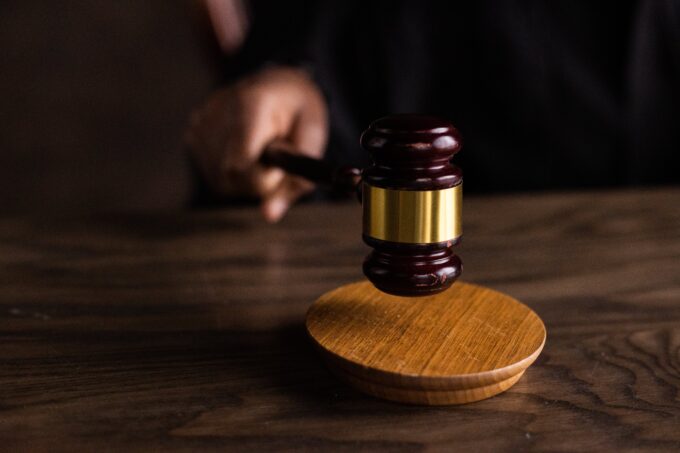Preparation is everything when it comes to expert testimony. When you see a brilliant expert testify at trial, you are only seeing the end result of 2-3 years of preparation and hard work. Spend 10X more time preparing your expert than the defense will spend with their expert. Preparation of the expert is the key to your success at trial.
Step #1: Screening the Expert
Do not work with an expert before thoroughly screening their credentials and background. Before you retain the expert, ask these questions:
- Are you actively treating patients?
- What have been the topics for cross examination when you’ve testified in other cases?
- Do you have any ethical or disciplinary issues?
- Have you ever been on probation or had your medical license suspended?
- Do you advertise for medical-legal work?
- Do you have a website for medical-legal work?
Do a Google review of the expert and check their social media accounts.
Step #2: Instructions to Expert
Most experts have no idea what exactly they should do. You must make it clear that the expert should follow these instructions:
- Do not make notes.
- Do not prepare a report.
- Communication should be via phone, not email.
Emails will be reviewed by defense counsel and will be a topic for cross examination. Be careful what you put in an email.
Bring the file materials to court when you testify. Bring a flash drive containing the file materials to court in case the expert forgets to bring their file.
Step #3: Preparing the Expert for Trial Testimony
When you prepare an expert for cross examination, it should be more difficult than what they will experience at trial. The expert must be firm in their opinions.
The anticipated topics for cross examination include: (a) expert fees; (b) incomplete case materials; (c) prior trial testimony and articles; (d) judgment call; and (e) benefit of hindsight.
- Don’t you have the benefit of hindsight?
- Wasn’t this a judgment call for Dr. Smith [defendant]?
- You made $17,000 for this case alone? [with a look of astonishment in front of the jury]
Deviations from the Standard of Care: Make the deviations as simple and clear as possible. No ambiguity.
The goal of the testimony is simplicity. The defendants’ goal is complexity and confusion. Your expert must make their testimony easy to understand on a 5th grade level.
Previous Testimony & Articles: Review the expert’s transcripts from previous testimony and review articles authored by the expert.
Confirming Trial Testimony: Once a date for trial testimony has been scheduled, it cannot be changed. Get a firm commitment in writing from your expert about the date of their trial testimony.
Look at the Jurors: Look at the jurors during trial testimony, not defense counsel. Turn your chair to face the jurors and make sustained eye contact with each juror (at least 20-30 seconds for each juror). Tell the expert that they should not rely on their notes; the expert should put their notes away and connect with eye contact with each juror.
Stand Your Ground: Do not argue or fight with defense counsel. You will lose this fight. But be strong and firm in your opinions.
If the defense lawyer does not let your expert explain their testimony, the expert should ask, “May I explain?” This is a cue to you that your expert wants to explain something that you should address during your re-direct examination.
Use Exhibits: Use exhibits, time-lines and models to visually explain your testimony. Whenever you can explain your testimony with exhibits, do this—it will make your testimony more engaging. Get the expert off the witness stand and let them connect face-to-face with the jurors.
Step #4: Get to the Expert’s Opinions FAST during the Direct Examination
Keep the expert’s trial testimony brief and get to the expert’s opinions within 90 seconds of their testimony. Speed is essential. Within 5 minutes, the jurors should know the expert’s opinions. If not, you will lose the jurors’ attention.
There is no need to cover the expert’s qualifications and legal-medical experience at the beginning of their testimony. This will bore the jurors and they will stop paying attention. You should cover the expert’s qualifications and medical-legal experience at the end of their testimony.
